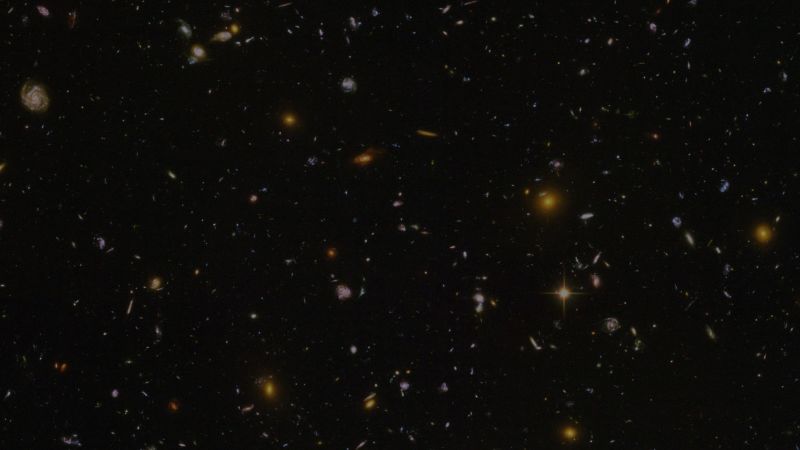NASA has launched the first of two research satellites to measure how much heat is lost to space from the Arctic and Antarctica.
The shoebox-size satellite lifted off Saturday at 7:42 p.m. local time (3:42 a.m. ET) aboard a Rocket Lab Electron rocket from Rocket Lab’s launch complex in Mahia, New Zealand. The company confirmed the satellite’s successful deployment at 8:35 p.m. local time (4:35 a.m. ET).
The climate science mission, known as Polar Radiant Energy in the Far-InfraRed Experiment, or PREFIRE, aims to improve scientists’ understanding of how water vapor, clouds and other elements of Earth’s atmosphere trap heat and keep it from radiating into space.
The data gathered will inform climate models and hopefully lead to better predictions of how the climate crisis will affect sea levels, weather, snow and ice cover, NASA said.
Earth absorbs a lot of energy from the sun in the tropics regions. Weather and ocean currents move that heat energy toward the poles, where the heat radiates upward into space. Much of that heat is in far-infrared wavelengths and has never been systematically measured before, NASA added.
PREFIRE is composed of two CubeSats fitted with specialized miniature heat sensors. The launch date for the second satellite will be announced shortly after the launch of the first satellite, NASA said.
Once they’re both launched, the two satellites will be in asynchronous near-polar orbits — passing over a specific spot at different times, looking at the same area within hours of each other.
Doing so should allow the satellites to collect data about phenomena that take place on a short time scale and require frequent measurements — such as how the amount of cloud cover affects the temperature on Earth beneath it.



























